LK-99: the room-temperature superconductor discovery causing a stir
Scientific community sceptical of ‘magic material that would revolutionise our world’
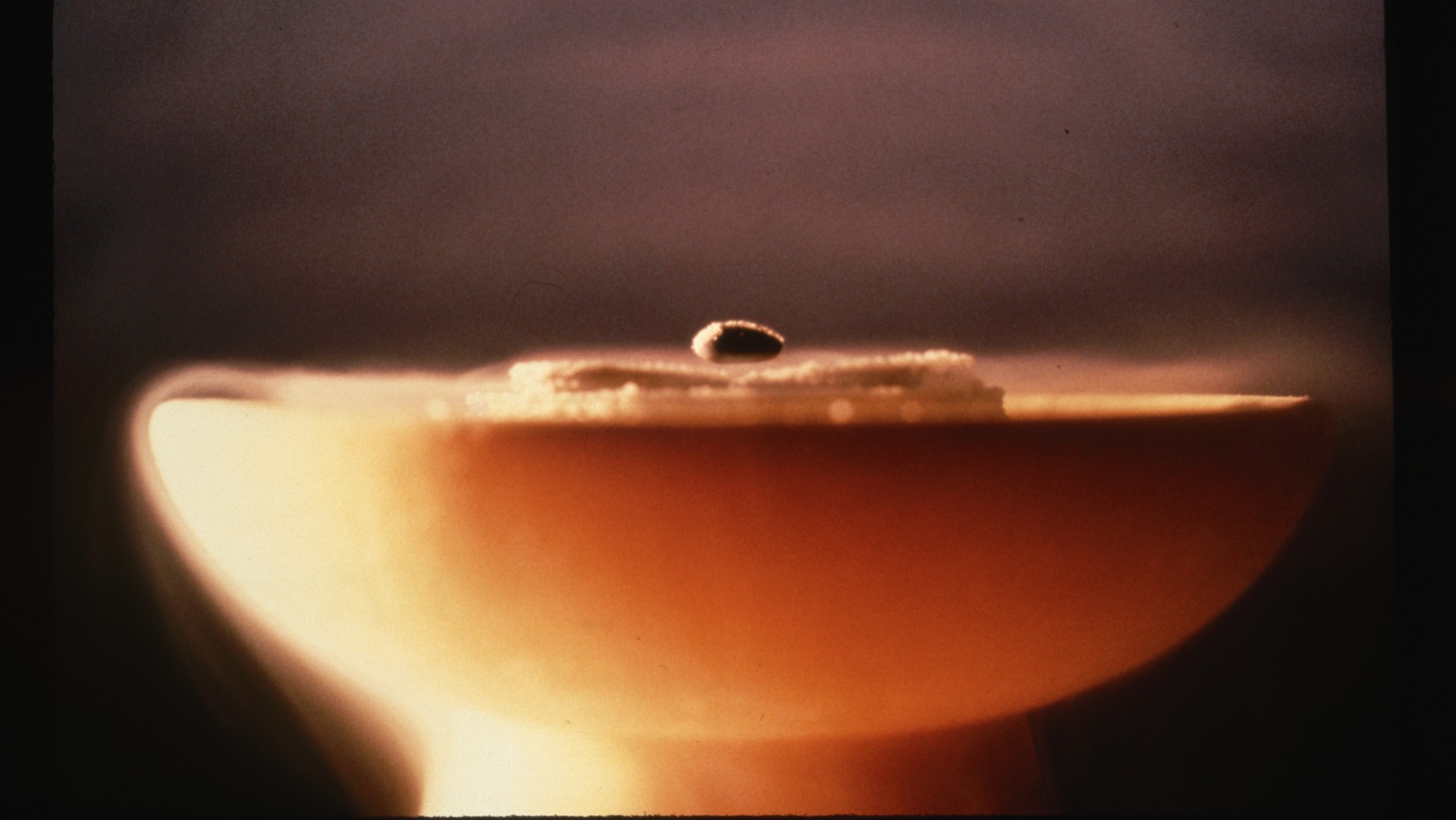
A free daily email with the biggest news stories of the day – and the best features from TheWeek.com
You are now subscribed
Your newsletter sign-up was successful
The scientific community remains “deeply sceptical” over claims of a discovery of the world’s first superconductor able to operate at room temperature and under normal pressure.
Since news of the LK-99 superconductor first broke at the end of July “this pebble-sized dark rock – made of lead, phosphorus, copper and oxygen – has pushed social media into meltdown, sent stock markets surging and put Silicon Valley investors into a spin”, said Anjana Ahuja in the Financial Times (FT).
What is LK-99?
Scientists in South Korea claim to have discovered a room-temperature superconductor that works at normal pressure.
The Week
Escape your echo chamber. Get the facts behind the news, plus analysis from multiple perspectives.

Sign up for The Week's Free Newsletters
From our morning news briefing to a weekly Good News Newsletter, get the best of The Week delivered directly to your inbox.
From our morning news briefing to a weekly Good News Newsletter, get the best of The Week delivered directly to your inbox.
The research team, led by Sukbae Lee and Ji-Hoon Kim from the start-up firm Quantum Energy Research Centre in Seoul, published their findings in two preprint papers last month. They claimed that a compound of copper, lead, phosphorus and oxygen – dubbed LK-99 – exhibits two key signs of superconductivity: zero electrical resistance and the Meissner effect, in which the material expels magnetic fields.
A video attached to one of the papers appeared to prove the sample’s magnetic properties by showing the stone-like material levitating, although many materials can exhibit similar behaviour.
While superconductors already exist, they currently only operate under extremely low temperatures or high pressures, making them “too difficult and expensive to use in most everyday applications”, said The Verge.
Why the buzz?
“If true, it represents colossal progress,” said the FT’s Ahuja. Scientists have spent decades searching for a substance that is superconducting under normal, day-to-day conditions, and finding one “would have a revolutionary impact on a wide range of industries”, said New York magazine.
A free daily email with the biggest news stories of the day – and the best features from TheWeek.com
It would “pave the way for perfectly efficient high-capacity power grids, desktop quantum computing, fusion reactors and even levitating trains”, said the FT.
Put bluntly, “this magical material could revolutionize our world”, claimed The Atlantic, not to mention providing fame and fortune for its inventors.
“A technologically viable room-temperature superconductor isn’t just Nobel Prize territory,” Chris Grovenor, professor of materials at the University of Oxford and director of the Centre for Applied Superconductivity, told The Verge. “If you’ve patented it, it’s incalculable value essentially.”
How has the scientific community reacted?
The discovery has “prompted a slew of replication efforts by scientists and amateurs alike”, reported Nature, “but initial efforts to experimentally and theoretically reproduce the buzzworthy result have come up short, and researchers remain deeply sceptical”.
There are several ways to test if something conducts electricity perfectly at room temperature and pressure, said New Scientist. However, “the flurry has yet to find much scientific consensus. Creating pure samples of LK-99 in the lab and determining their quality is also proving difficult,” said the magazine. Two separate experimental efforts by teams at the National Physical Laboratory of India in New Delhi and Beihang University in Beijing reported synthesising LK-99, but did not observe signs of superconductivity.
Most reports carry the big caveat that both papers have not yet been peer-reviewed, while The Verge sets out a series of “red (or at least yellow) flags” such as inconsistencies in the data, conflict between authors, and how LK-99 was constructed.
It would not be the first time scientists have fallen for such claims. Back in 2020, a team of researchers from the University of Rochester announced they had found a room-temperature superconductor made from hydrogen, sulphur and carbon. But the research, published in the respected journal Nature, was later retracted after editors pointed to issues with how the study’s data was processed.
Whatever properties LK-99 turns out to possess, said New York magazine, “its story so far is a reminder of why science is normally done in a slow, laborious way, with researchers carefully checking their work and running it by peers before unveiling it to the general public”.
Given superconductivity’s history of false dawns, LK-99 “is most likely to be an unremarkable rock with accidentally interesting properties”, agreed Ahuja in the FT. “But what a gripping spectacle – one that tells us less about physics and more about the collective human need, even among scientists and investors, to dream.”
-
 Gisèle Pelicot’s ‘extraordinarily courageous’ memoir is a ‘compelling’ read
Gisèle Pelicot’s ‘extraordinarily courageous’ memoir is a ‘compelling’ readIn the Spotlight A Hymn to Life is a ‘riveting’ account of Pelicot’s ordeal and a ‘rousing feminist manifesto’
-
 The EU’s war on fast fashion
The EU’s war on fast fashionIn the Spotlight Bloc launches investigation into Shein over sale of weapons and ‘childlike’ sex dolls, alongside efforts to tax e-commerce giants and combat textile waste
-
 How to Get to Heaven from Belfast: a ‘highly entertaining ride’
How to Get to Heaven from Belfast: a ‘highly entertaining ride’The Week Recommends Mystery-comedy from the creator of Derry Girls should be ‘your new binge-watch’
-
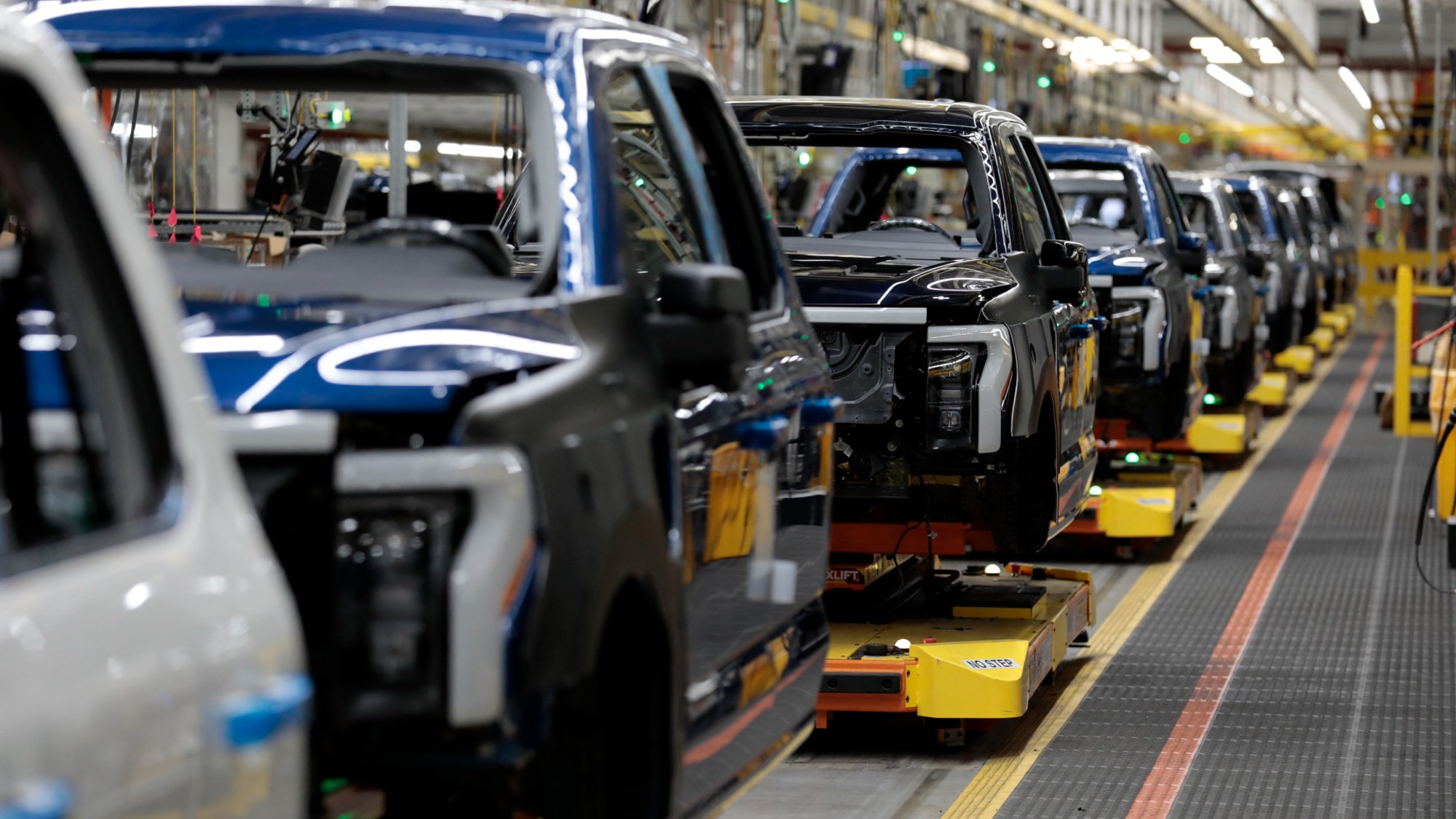 How will Ford reinvent EV manufacturing to compete with China?
How will Ford reinvent EV manufacturing to compete with China?Today's Big Question Henry Ford's assembly line system is being replaced
-
 Why Bezos' new pickup could be a 'wrecking ball' in EV industry
Why Bezos' new pickup could be a 'wrecking ball' in EV industryToday's Big Question Slate Auto's no-frills approach is a 'potential Tesla killer'
-
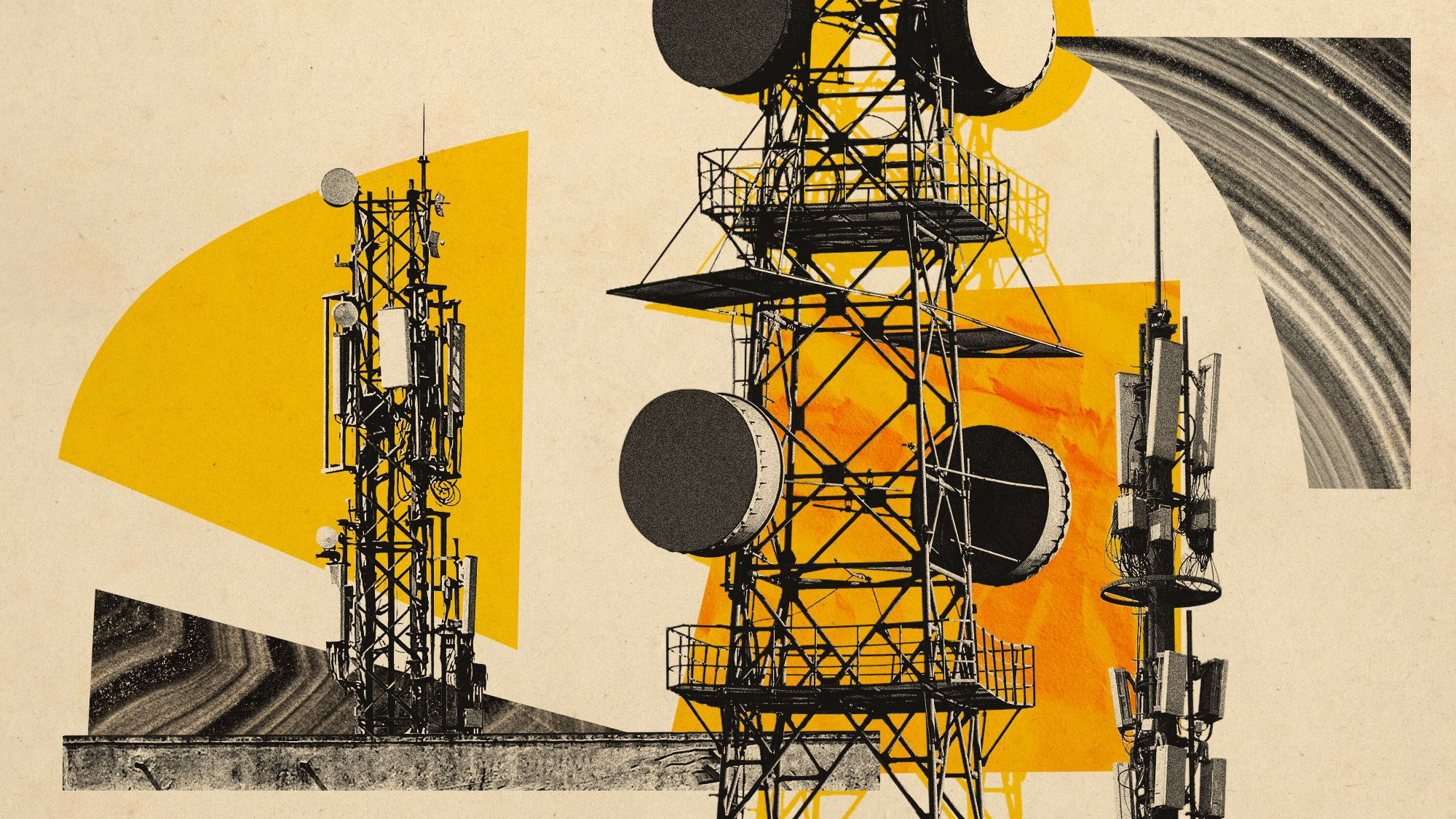 Why the UK phone signal is so poor
Why the UK phone signal is so poorUnder The Radar Having trouble connecting? A lack of investment, planning rules and even your home could be to blame
-
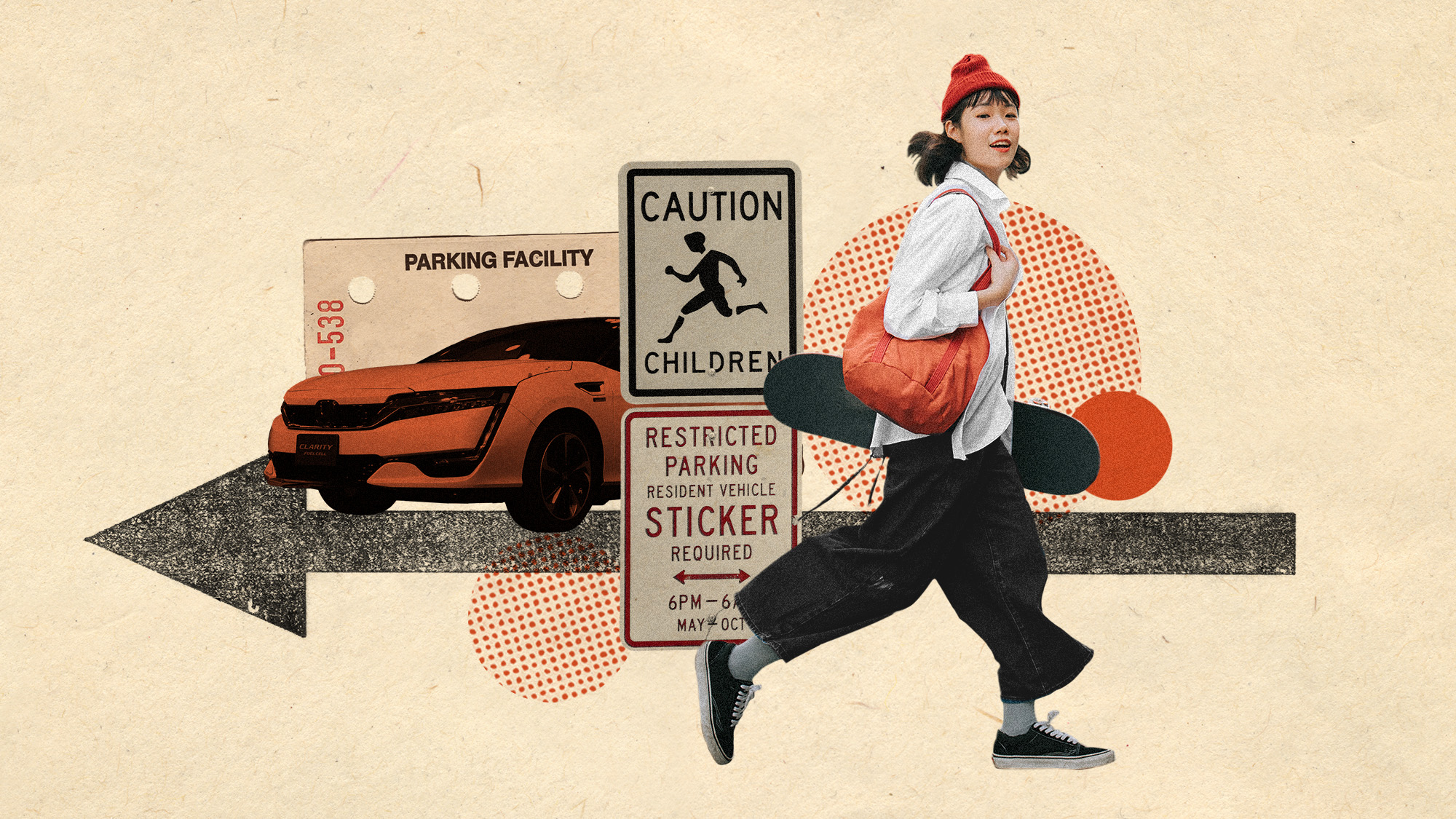 Gen Z doesn't want cars
Gen Z doesn't want carsUnder the Radar Olivia Rodrigo may have been excited to get her driver's license, but many young people are less enthused by car culture
-
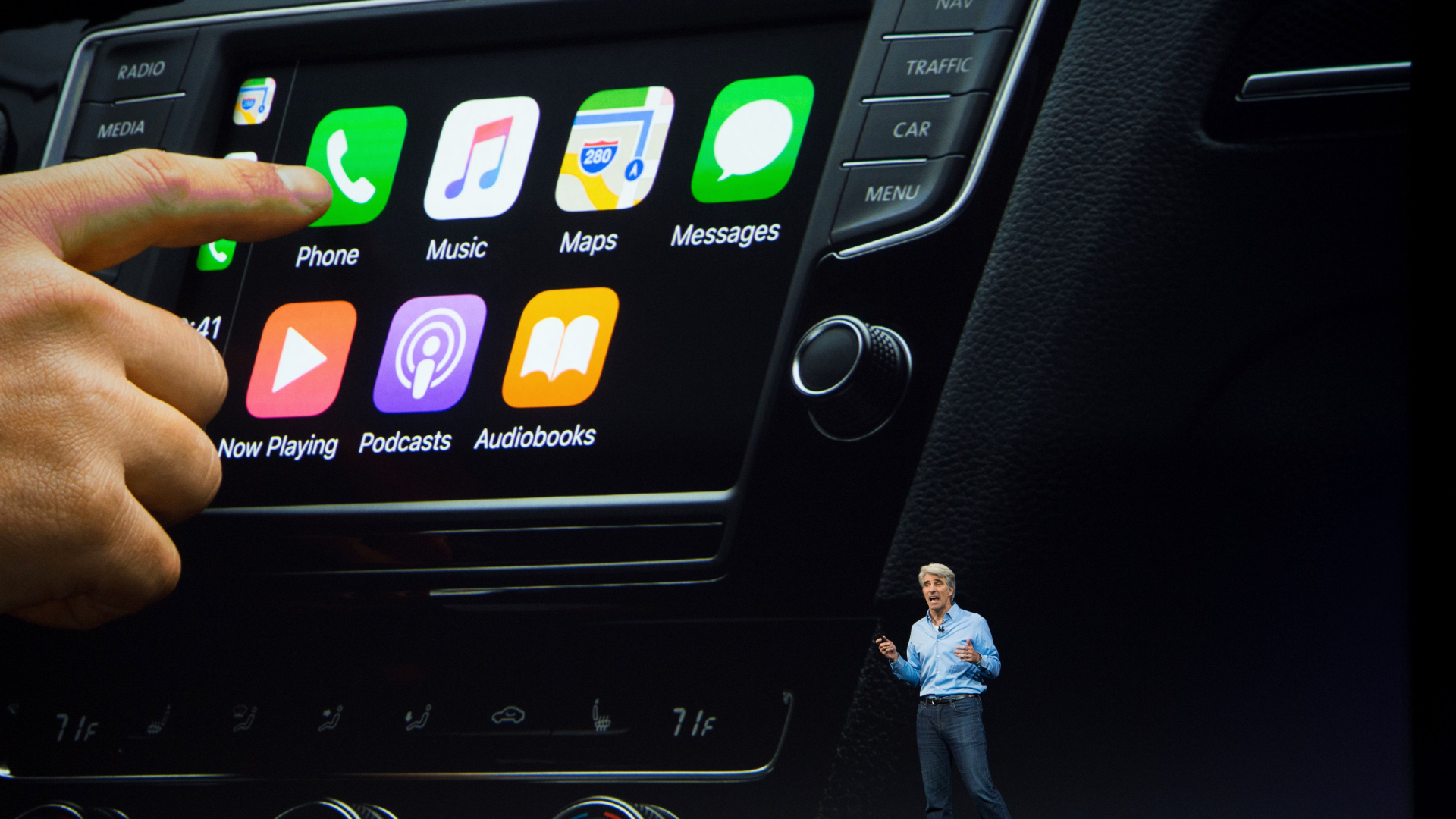 Apple kills its secret electric car project
Apple kills its secret electric car projectSpeed Read Many of the people from Project Titan are being reassigned to work on generative AI
-
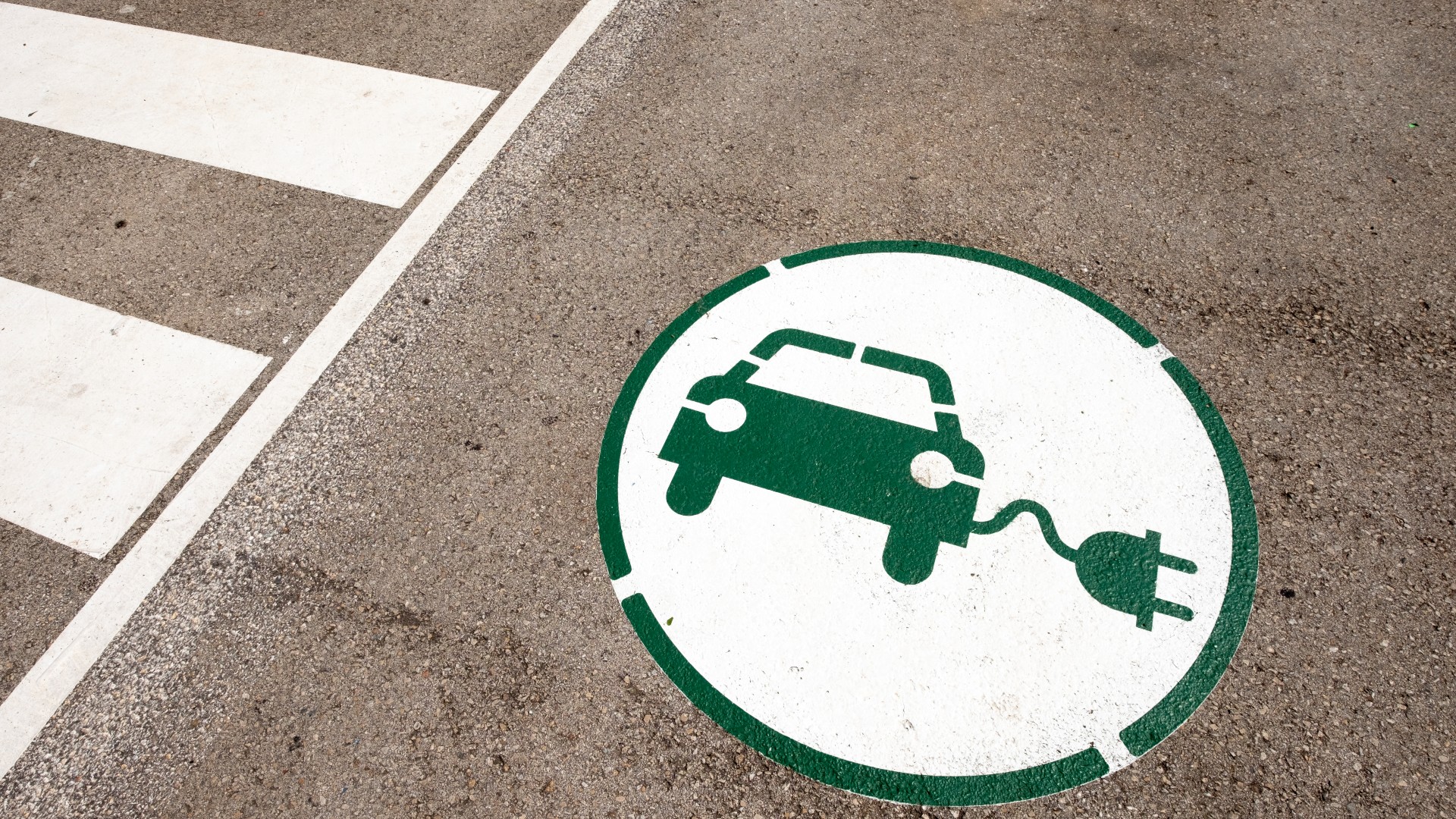 Detroit debuts America's first wireless charging road for electric vehicles
Detroit debuts America's first wireless charging road for electric vehiclesunder the radar The Motor City is trying to stay at the forefront of automotive innovation
-
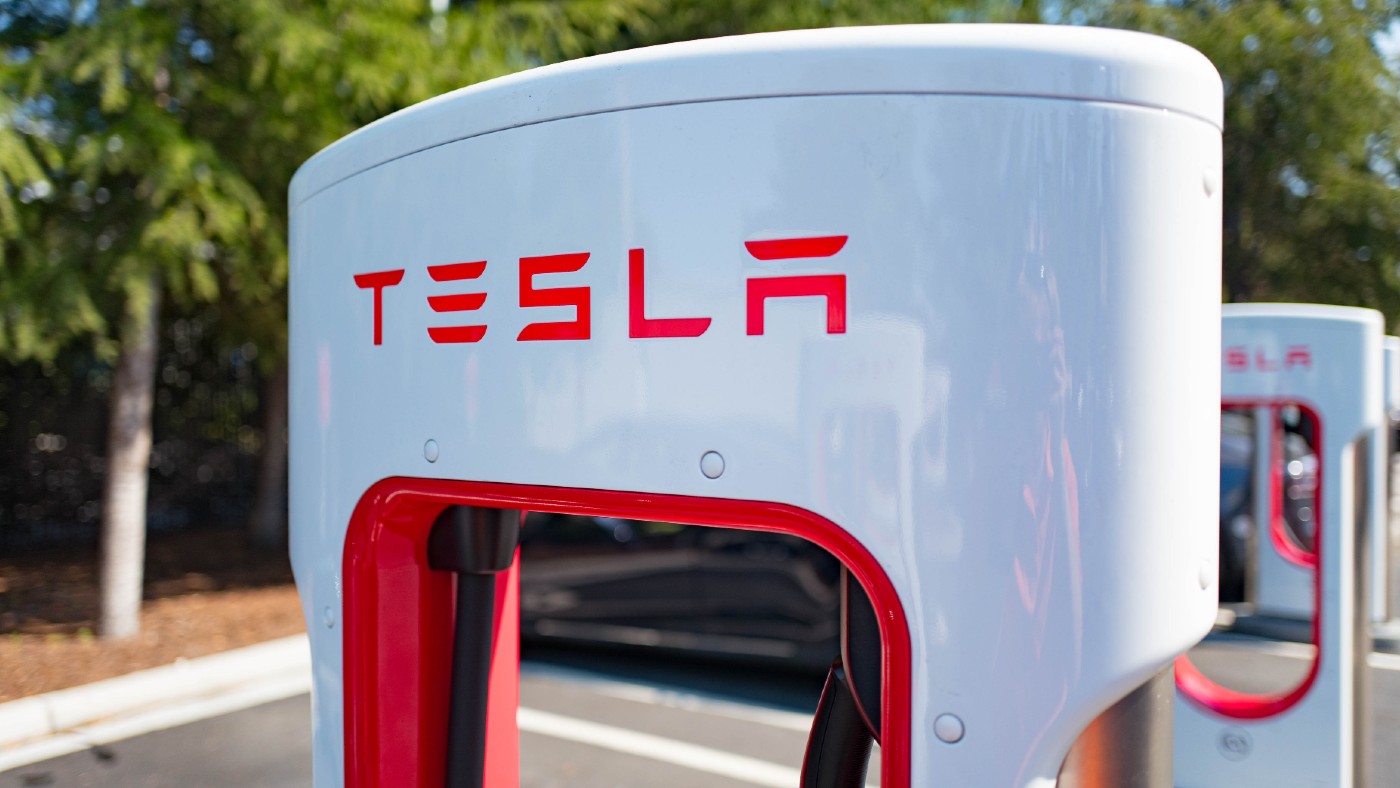 Why 2023 is a make or break year for electric vehicles
Why 2023 is a make or break year for electric vehiclesfeature As Tesla shares fall, a growing roster of new rivals is revving on the sidelines
-
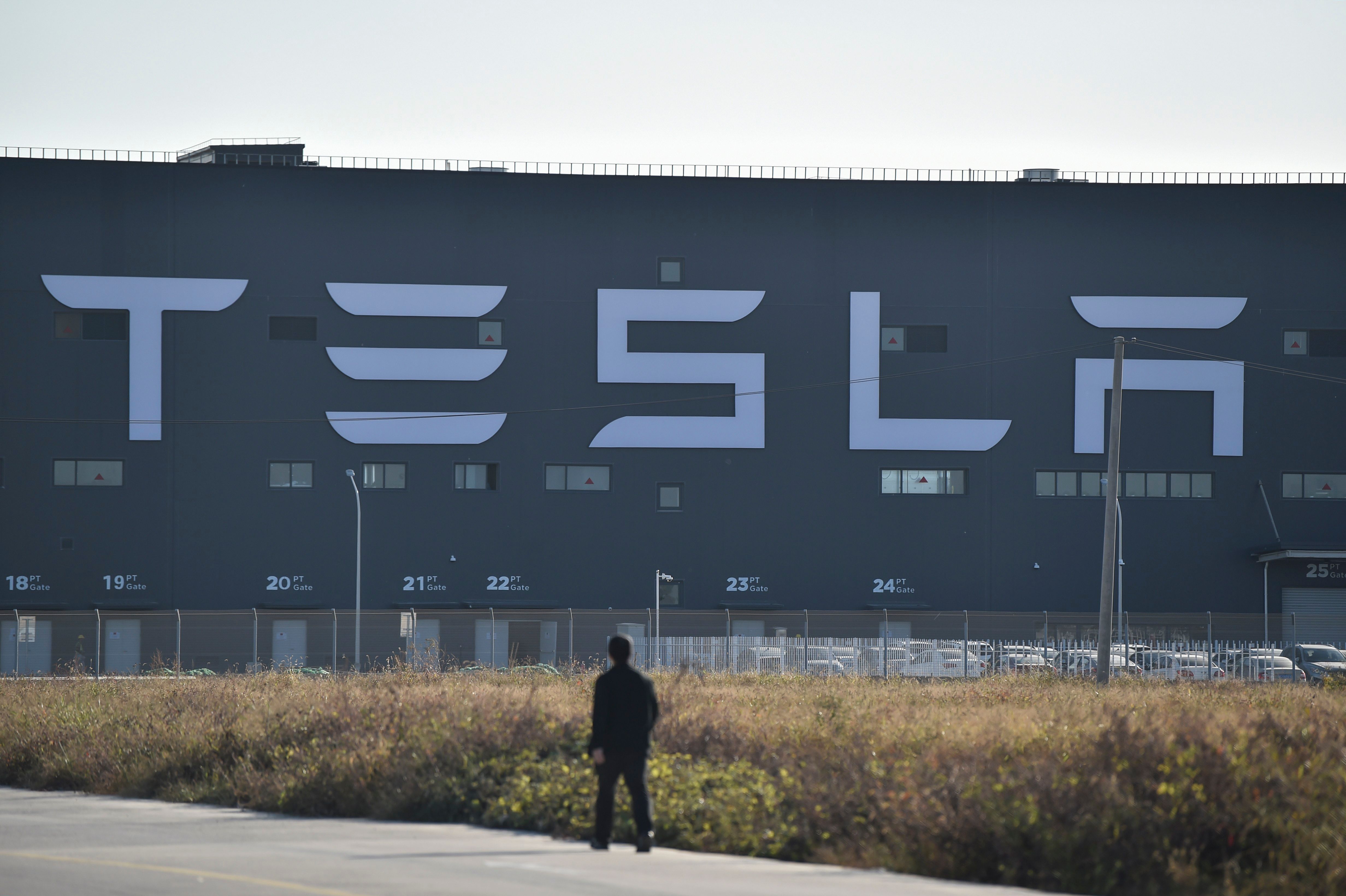 Elon Musk rules out Tesla factory in UK owing to Brexit uncertainty
Elon Musk rules out Tesla factory in UK owing to Brexit uncertaintyIn Depth Electric carmaker chooses Germany for Model 3 and Model Y production in Europe